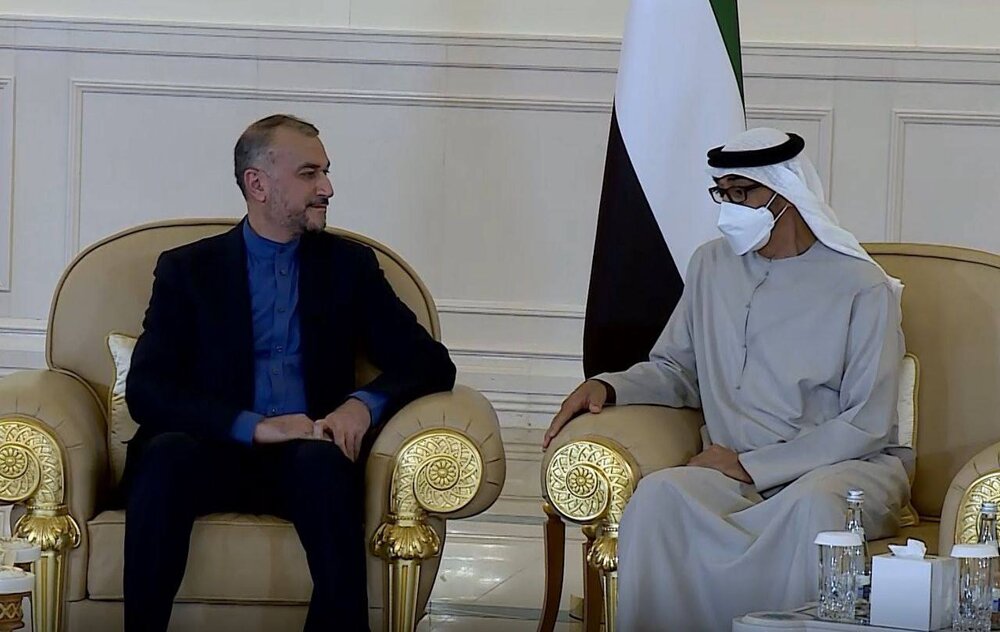
The UAE minister's visit to Iran underscores the importance both countries place on improving bilateral relations amid ongoing regional complexities. The discussions, focused on economic cooperation, regional security, and mutual interests, reflect a strategic move by both nations to address shared concerns and explore opportunities for collaboration.
Ebrahim Raisi, who assumed office as President of Iran, has emphasized his administration's commitment to enhancing diplomatic ties with neighboring countries. The meeting with Abdullah bin Zayed Al Nahyan marks one of Raisi's first high-profile engagements, signaling a potential thaw in Iran's relations with Gulf states.
Both leaders expressed optimism about the prospects for improved relations. Abdullah bin Zayed Al Nahyan conveyed the UAE's interest in expanding economic partnerships, particularly in areas such as trade, investment, and energy. He highlighted the UAE's role as a regional economic hub and expressed hope that strengthened ties with Iran could lead to increased economic opportunities for both countries.
Raisi, on his part, acknowledged the significance of the UAE's outreach and reiterated Iran's readiness to engage in constructive dialogue. He emphasized the importance of regional stability and cooperation, noting that enhanced relations with the UAE could contribute to a more stable and prosperous Gulf region. The Iranian President also touched upon the need to address common challenges, including regional security issues and economic development.
The meeting between the Emirati Foreign Minister and Iran's new President comes at a time when both nations are navigating complex geopolitical landscapes. The UAE, known for its pragmatic foreign policy, has been actively engaging with various regional actors to foster stability and economic growth. Iran, under Raisi's leadership, appears to be seeking a more balanced approach in its foreign relations, aiming to reduce tensions and build bridges with its neighbors.
Observers note that the meeting could have broader implications for the Gulf region. Improved relations between the UAE and Iran might encourage other Gulf states to reassess their diplomatic strategies and consider similar engagements with Tehran. This could pave the way for a more collaborative and less confrontational regional environment.
The UAE's diplomatic outreach to Iran also aligns with its broader foreign policy objectives, which include promoting economic diversification and enhancing its global standing. By fostering closer ties with Iran, the UAE aims to strengthen its position as a key player in the Gulf region and beyond.
While the meeting between Abdullah bin Zayed Al Nahyan and Ebrahim Raisi marks a positive step, the path to fully normalized relations between the UAE and Iran may still face challenges. Historical grievances, political differences, and regional rivalries could pose obstacles to sustained cooperation. However, the willingness of both leaders to engage in dialogue and explore areas of mutual interest signals a promising start.
The meeting between the UAE's Foreign Minister and Iran's new President represents a noteworthy development in Gulf diplomacy. It reflects a mutual desire to enhance bilateral relations and address shared challenges through dialogue and cooperation. As both nations move forward, their efforts to build stronger ties could contribute to greater stability and prosperity in the region.
